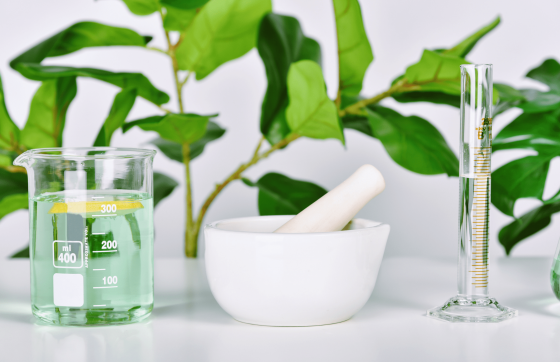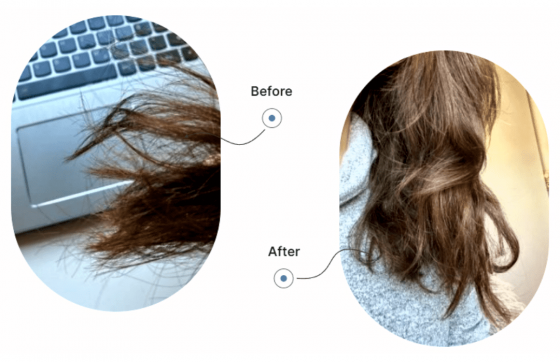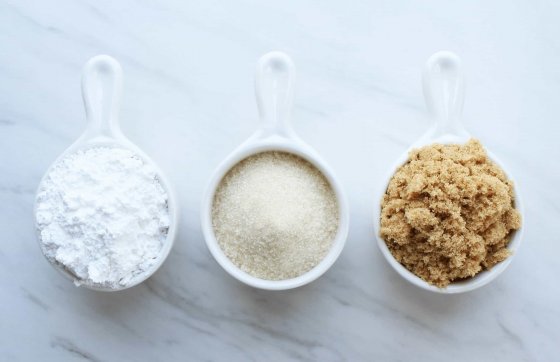
The Best Way to Grow Your Hair (What Science Says) [2023]
![The Best Way to Grow Your Hair (What Science Says) [2023]](https://blog.hairqare.co/wp-content/uploads/cache/2022/04/The-Best-Way-to-Grow-Your-Hair-Blog-1-scaled-680x432.jpg)
Scalp massages, avocado oil, silk pillowcases, the list goes on and on. There’s so much hair care misinformation on the internet that it's hard to know what's worthwhile and what’s a waste of time.
If you're anything like me, you probably want someone to tell you in black and white what actually works. That's why I've narrowed down four of the best scientifically proven ways to reduce hair loss and increase hair growth. Let's get to it.
1. Maximize blood circulation
Great hair is all about blood circulation, baby. Why?
The more your blood circulation improves the more nutrients and oxygen your hair follicles receive.
As a result, it gives your hair growth an extra boost during the anagen (growth) phase of your hair's cycle.
Your hair grows at a slower rate when you have poor blood flow.
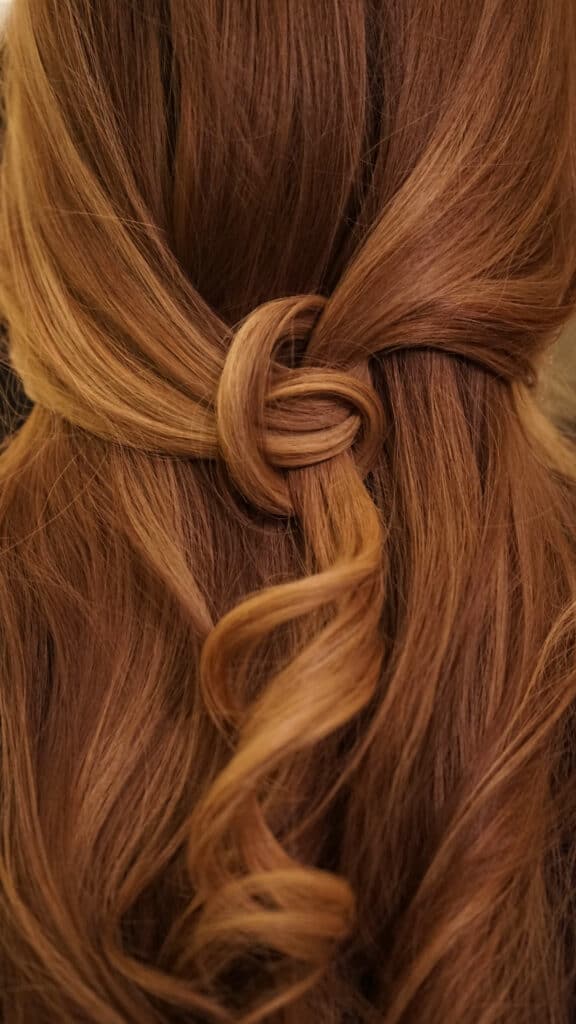
How do I increase blood circulation?
Nutrition
If you want healthy hair growth, you must have a healthy diet. Many different foods help hair growth because they have nutrients that increase blood flow. What nutrients are best I hear you ask? Protein.
Your hair is 91% protein! That's right, you heard it here first, 91% which means a high protein intake is essential for healthy hair growth.
What’s the science behind protein?
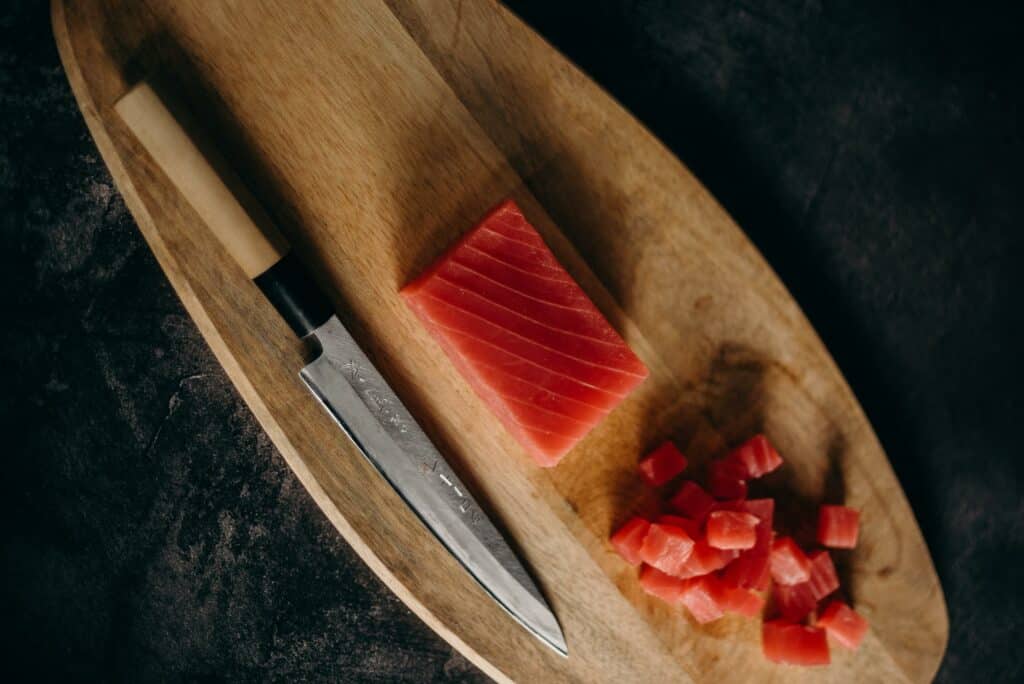
The main protein in your hair is keratin and your body produces keratin using another protein called biotin. Whereas biotin is all over the body, keratin is only found in your hair so you won't find it in your skin and nails.
That means you need to be getting plenty of biotin in your diet if you want healthy hair. Foods rich in biotin are anti-inflammatory, so they open up the blood vessels and give your blood an easier time reaching your scalp.
Increase your fatty acids and fiber to reduce hair loss, support thinning hair, and improve your hair health. Omega 3 (think that lovely salmon), eggs, avocados, and sweet potatoes are all rich in fiber, fatty acids, and the protein biotin.
Join the 14 Day Haircare Challenge to get tips on hair nutrition and check whether you are deficient in any vitamins or minerals.
Exercise
You may be one of those people who thinks, ‘if another person tells me to exercise, I'm going to lose my sh*t’.
That's perfectly understandable. Diet culture shames and guilt trips people for not being active enough, and social media makes it easy to compare yourself to everyone around you.
But you don't need to be killing yourself doing 1,000 crunches a day to be getting enough exercise.

Some people benefit more from low-impact exercise. Please let that be me! I hear you cry. If you've been pumping iron at the gym but the weight's not shifting, it may be because you need to balance your hormone levels with a different type of exercise.
What’s the science behind low-impact exercise?
When your body does a high-intensity workout, it releases cortisol. That's a good thing. You need cortisol to react and respond appropriately. But nowadays, cortisol levels are often too high. Constant emails, coffee, and traffic jams place stress on your body. So if you hit the gym, you're only adding more cortisol.
Cortisol then constricts your blood vessels and gets your blood flow pumping harder and faster. While this sounds like it may be great for your hair, it directs the blood flow away from your hair follicles because hair is not essential to survival.
Low-impact exercise is just as beneficial as high-impact. So, if you feel stressed stick to gentle exercise and don't overdo it on the burpees,

Scalp massage
Ah, the good old scalp massage. Something I occasionally do and then forget for months on end. The thing is, scalp massages are great for your hair.
These little things called dermal papilla cells are located at the bottom of the hair follicle and help blood circulation. When you give yourself a massage, it stimulates those cells, dilates the blood vessels, and increases blood flow to make your hair grow.
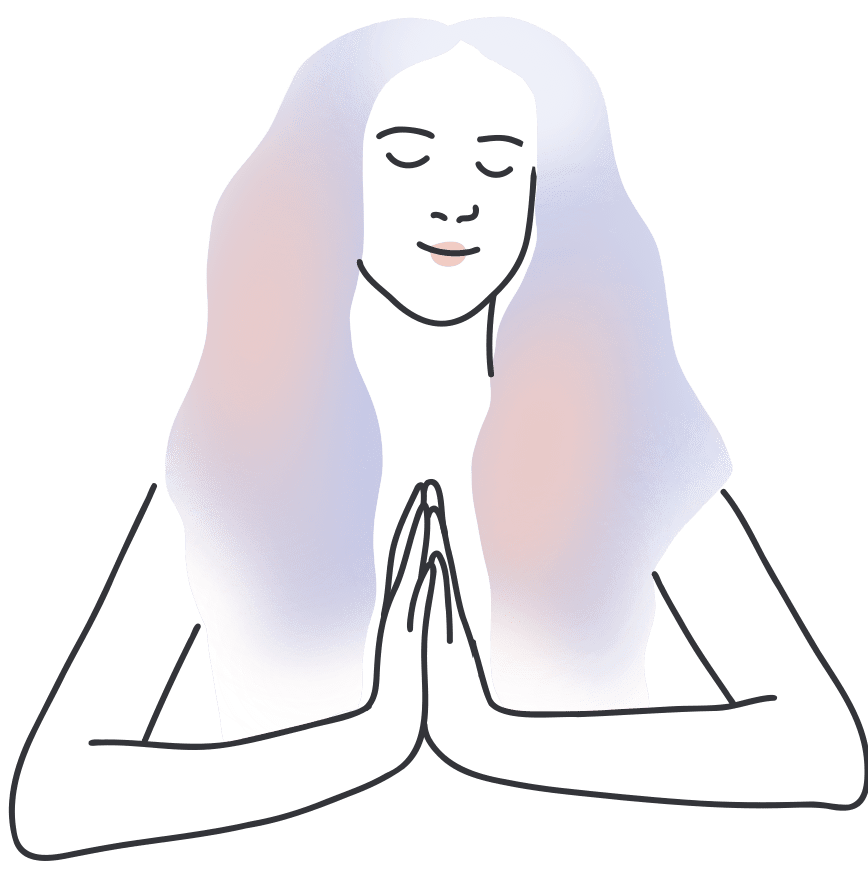
A 2016 study shows that a 4-minute scalp massage over 24 weeks can increase hair thickness. So you will see a noticeable difference if you add them into your daily routine.
Our 14 Day Haircare Challenge teaches you to create a morning routine and choose the correct nutrition to maximize your blood flow for hair growth.
2. Manage stress
Telling me to manage my stress when I'm already in full panic mode is never helpful. But I am up for doing 'calming things for hair growth. That sounds a lot more enjoyable.

What’s the science behind stress?
Stress causes hair loss because it pushes hair follicles into the resting phase.
Stress releases cortisol (remember earlier when I mentioned how too much high-impact exercise can unbalance your cortisol levels?).
Chronic stress does a similar thing and results in slower hair growth because it pushes your hair cycle into the telogen, or resting, phase.
If stress continues, you will see excess hair shedding and hair loss.
How can I effectively manage stress?
A large part of the 14 Day Haircare Challenge focuses on stress and how to manage it for better hair growth. Some ways you can start are:
- Meditation
- Organization
- Prioritizing self-care
3. Protect your hair
If you want long hair, it's essential to prevent breakage. The average growth rate is half an inch a month, but it may be breaking off before you see any progress. When hair breaks, it appears that you have slow hair growth. Many things can damage your hair, and there are many ways to protect it.
How can I reduce hair breakage and what’s the science behind it?

- Check your shampoo
Ingredients (e.g. quaternion-15 and Diazolidinyl urea) in some hair products dry out hair because they strip the natural oils, causing breakage. Switch to a shampoo that doesn't contain any toxins to protect your hair.
The 14 Day Haircare Challenge teaches you to spot nasty ingredients and make a DIY shampoo for your hair type.
- Don't brush wet hair (unless your natural hair is curly).
Your hair is weakest when it's wet because water increases its elasticity and hair is more prone to snapping. However, it’s better for curly hair because a curly hair structure tangles more easily and needs better slip to de-knot. So if you have straight or wavy hair, avoid raking a comb through those damp strands.
- Avoid heat styling

Heat tools cause hair damage, and science validates that 180 degrees celsius is the max temperature you can go before causing structural damage to your hair. So opt for heat-free ways to style your hair and not blow dry on high heat.
- Use hair oils
Oils protect the hair shaft and create a softer surface to stop friction. Use oil for your hair type in the mornings and evenings to reduce split ends.
- Maintain a healthy scalp
When people grow their hair, they often forget it starts from the scalp. If you want healthy hair, you need to view your hair strands as flowers and your scalp as the soil. What happens when soil is too dry, oversaturated, or doesn't contain any nutrients? The flowers can't flourish. Hair health is dependent on your scalp health.
What’s the science behind scalp health?
A daily scalp massage is a great shout because it gently induces stretching forces to create larger hair follicles for thicker hair and gently removes debris (such as dirt and dead skin cells).

Pairing your scalp massage with essential oils such as rosemary oil stimulates the hair follicle even further for new hair growth.
Harmful products can also cause an itchy and irritated scalp. The 14 Day Haircare Challenge teaches you to eliminate products by checking if they contain harmful ingredients such as harsh preservatives and thickeners, like salt.
If the above information is a little overwhelming, here’s a quick summary of the best scientifically proven ways best for hair growth and stopping hair loss:
- Maximize blood circulation through nutrition and exercise.
- Manage stress by using relaxation techniques.
- Protect your hair from damage using certain styles and products.
- Maintain a healthy scalp by eliminating toxins and implementing a daily scalp massage.




